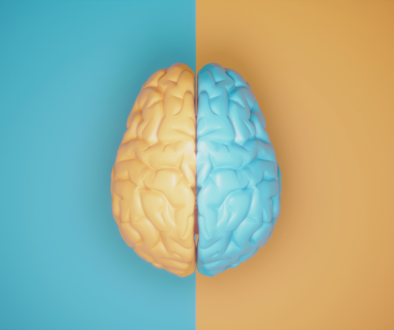Evolving Support and New Research Updates
Hello Memory Partners!
The Memory Partners program continues to evolve. Your nurse and social worker will be reaching out to you to explain how process changes will affect consultations going forward. Essentially, instead of meeting with each person on a quarterly basis, we will be alternating. You will still have access to both team members any time you need them, and, of course, we encourage you to come to our support groups, workshops and classes for additional support!
We are also excited to announce a Zoom-based evening support group for those who work full-time jobs and find it difficult to participate in daytime groups.
As always, thank you for allowing us to be a part of your journey!
The Memory Partners Team
New medications for Alzheimer’s Disease – friend or foe?
Recent research has revealed a potential unwanted effect of the new anti-beta amyloid drugs that have stirred up controversy. Just to re-cap, several drugs have become available during the past year or so with a goal of treating Alzheimer’s Disease by reducing brain plaque. The first to hit the market was Aducanumab. A newer one is Leqembi. These drugs have made news not only for their potential benefits, but also because they received fast-tracked approval by the FDA, and therefore were not covered by Medicare. For Medicare to provide coverage for these drugs, additional studies were needed to prove that benefits outweigh risk.
To date, trials have continued with mixed results: while these drugs do seem to be effective in reducing plaques, most of them have not had significant effects on cognition. Additionally, a newly published analysis of available research has revealed that these drugs actually speed up brain atrophy, increasing the progression of the Alzheimer’s Disease process.
More research is needed before conclusions can be drawn, but this study does not bode well for what had been hoped to be a silver bullet for this disease that plagues so many aging adults.
For more information, click here.
We’re beginning to see the light: Phototherapy to treat cognitive dysfunction.
A recent analysis of studies looking at the effects of phototherapy on dementia-related illnesses has shown promising results. Researchers looked at the effects of light therapy on mood, cognition and sleep. While there were no significant findings for mood or sleep, it was noted that phototherapy does appear to have significant results when it comes to cognitive functioning. One study noted up to five percent better cognitive functioning after a period of phototherapy, while another showed significant improvement on the Mini Mental Status Exam.
Most studies used a light box providing full-spectrum bright light over 2500 lux for 30 minutes per day for a period of four to eight weeks, with ceiling mounts being preferred. Adverse events in the studies were few, mild and short-lived, indicating that light therapy is a very safe option in addition to being easily accessible and affordable.
For more information on this study, click here.
Get thee to Greece! Mediterranean diet proven effective yet again.
For years now, research has shown that the Mediterranean diet has multiple health benefits, and two recent independent studies have reconfirmed that notion.
In the first study, researchers looked at both the Mediterranean and MIND (Mediterranean Intervention for Neurodegenerative Delay) diets and found encouraging results. When participants followed one of these diets for at least ten years, they were significantly less likely to develop Alzheimer’s Disease – in fact, 40 percent less likely. The other study looked at 60,000 adults and noticed that those who stuck to a Mediterranean diet for nine years were 23 percent less likely to develop dementia.
Both the Mediterranean and MINDS diets are characterized by plenty of fruits and vegetables, as well as several servings of fish each week. The Mediterranean diet recommends vegetables, fruit, and three or more servings of fish per week, whereas the MIND diet prioritizes green leafy vegetables, such as spinach, kale, and collard greens, along with other vegetables. The MIND diet also prioritizes berries over other fruit. Both diets recommend small amounts of wine.
For more information, click here and here





